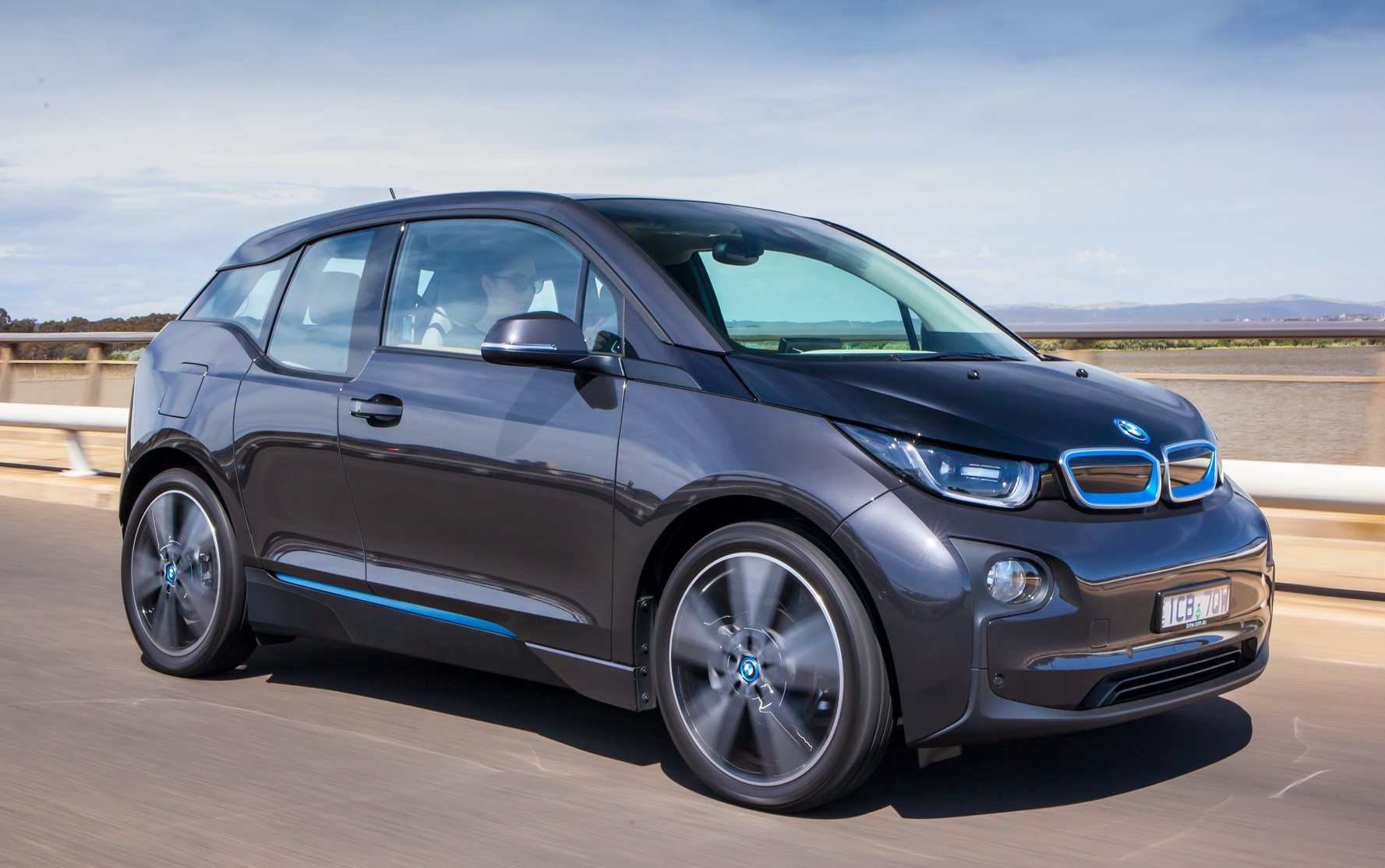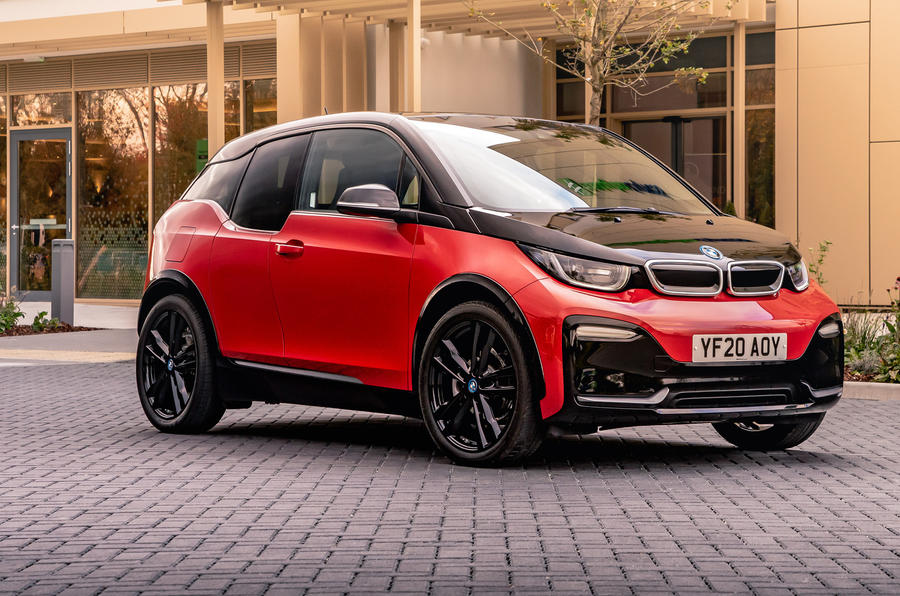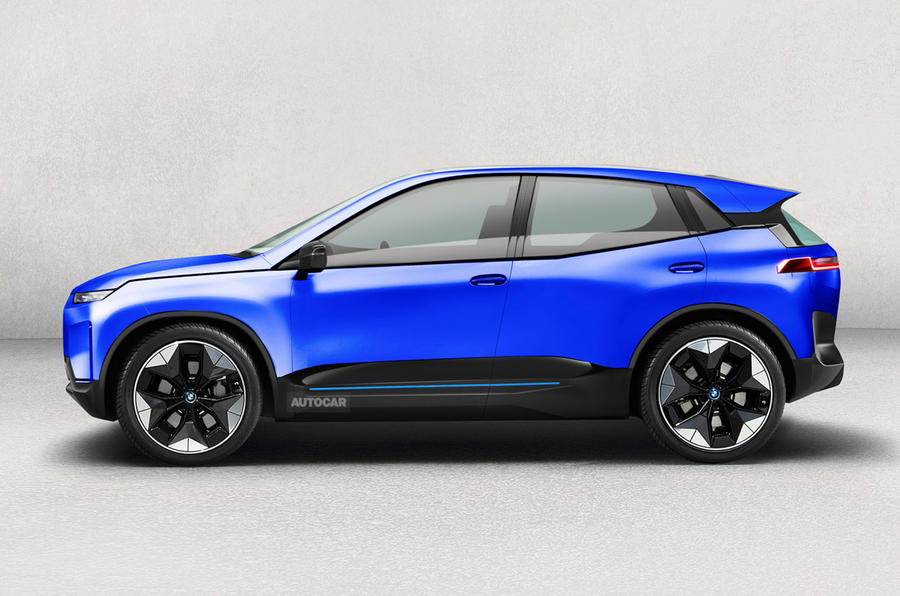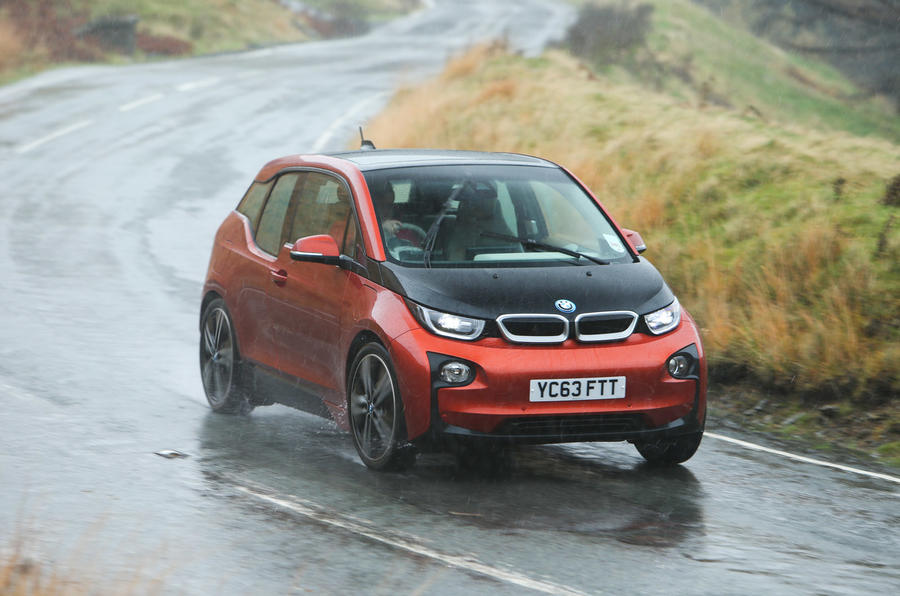New iX1 and second-generation Mini Electric to indirectly replace first-ever electric BMW model.
The BMW i3 is set to end production in just six months time, after a run of nine years and around 250,000 units sold.
In an interview with Automotive Daily’s partner Autocar, a BMW spokesperson confirmed the final example of the compact electric five-door is due to roll off BMW’s production line in Leipzig, Germany in July ahead of a reorganisation of the manufacturing facility in preparation for a start of production for the upcoming third-generation Mini Countryman during the second half of 2022.
Previewed in concept car form in 2011 prior to an Australian launch in 2013, the i3 was the first BMW model to offer a pure-electric driveline, preceding the larger, Chinese-produced BMW iX3 SUV introduced in 2021.
The quirky hatchback, with its rear-hinged rear doors and expensive carbonfibre construction, will be indirectly replaced in the BMW line-up by the iX1, an electric version of the third-generation X1. The five-seat crossover, set to launch this year, was originally planned to be produced at a new manufacturing facility in Debrecen, Hungary. However, delays in construction to the greenfield site mean the i3 successor will now be produced at BMW’s Regensburg factory until 2024, according to Autocar sources.
As with the next X1 and new Mini Countryman, the new entry-level i model is based on BMW’s FAAR platform – a move that also signals the end of production for the aluminium-intensive DriveLife platform that underpins the i3.
As well as the iX1, BMW says it will rely on a new second-generation version of the Mini Electric to fill the void left by the departure of the i3.
The new Mini model, due out in early 2023, is being developed in a joint venture between BMW and Chinese car maker Great Wall Motors called Spotlight Automotive. It is set to be produced at a new Spotlight Automotive factory that’s currently under construction in Zhangjiagang, China.
The spearhead of BMW’s electric car initiative, the rear-wheel-drive i3 was initially sold with the choice of a single-motor electric drivetrain or a range extender (REx) drivetrain, combining a 647cc two-cylinder petrol motorcycle engine and an electric motor. In both cases, it used a 22.2kWh lithium ion battery and developed maximum power of 125kW.
A subsequent facelift in 2017 raised the battery capacity to 33.3kWh. In the same year, the i3 S, a performance model boasting wider tracks and 135kW, was added to the line-up.
BMW confirmed production of the i3 surpassed the 200,000 mark in October 2021. By the end of production in July 2022, officials expect it to have surpassed 250,000 units.







